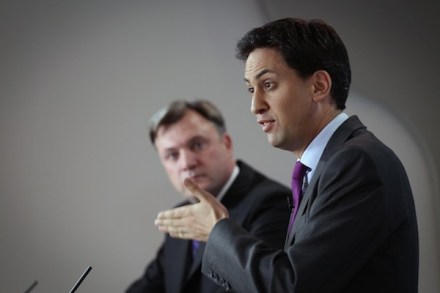The Goldman Sachs candidate wins, but spare a thought for the popular loser
So now we know. It’s not the popular insider, the All Souls professor or the Whitehall veteran. It’s not an Old Etonian — uniquely, they couldn’t find one for the shortlist. The winner of the Governorship stakes turned out to be the Goldman Sachs candidate, Mark Carney, currently at the Bank of Canada but formerly of the Wall Street investment firm, the ‘giant vampire squid’ whose tentacles get everywhere. And that’s just about the only jibe that anyone has found to aim at him, because his credentials are pretty outstanding. To call him ‘the best person in the world’ for the job, as the Chancellor did, is tempting fate —




















